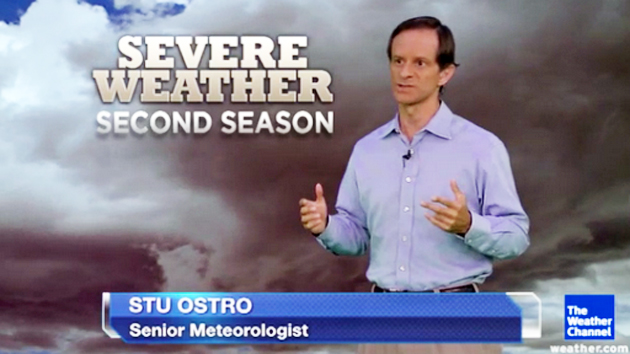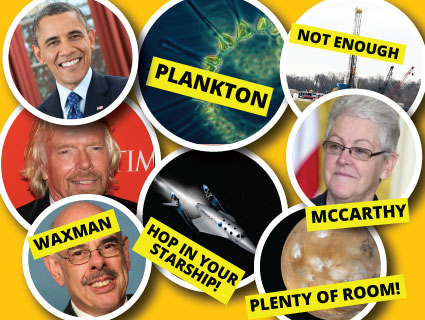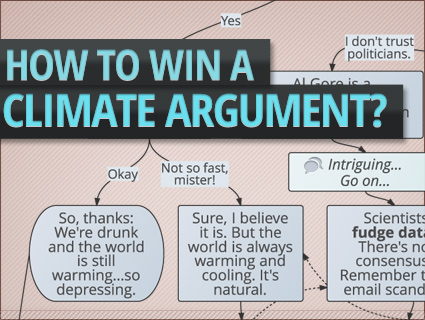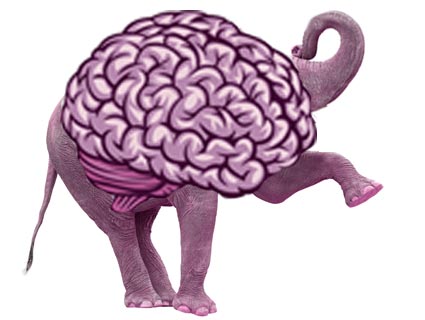
<p><a href="http://www.shutterstock.com/pic-123756019/stock-photo-boy-in-a-tin-foil-hat.html?src=csl_recent_image-1" target="_blank">Suzanne Tucker</a>/Shutterstock</p>
In recent years, a persuasive theory of how and why people deny science and reality has emerged. It’s called “motivated reasoning”—and was described at length in Mother Jones (by me) back in 2011. Here’s the gist: People’s emotional investments in their ideas, identities, and worldviews bias their initial reading of evidence, and do so on a level prior to conscious thought. Then, the mind organizes arguments in favor of one’s beliefs—or, against attacks on one’s beliefs—based on the same emotional connections. And so you proceed to argue your case—but really you’re rationalizing, not reasoning objectively.
At the same time, though, other phenomena are also often invoked to explain the rejection of science on issues like climate change, evolution, and vaccinations—phenomena that may (or may not) be fully separable from motivated reasoning. One of the most prominent of these: conspiracy theorizing.
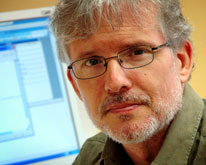
So what’s the relationship between the two? In my recent Point of Inquiry podcast interview (excerpted below) with University of Bristol psychologist Stephan Lewandowsky, it became clear that motivated reasoning and conspiracy mongering are at least in part separable, and worth keeping apart in your mind. To show as much, let’s use the issue global warming as an example.
In a recent study of climate blog readers, Lewandowksy and his colleagues found that the strongest predictor of being a climate change denier is having a libertarian, free-market world view. Or as Lewandowsky put it in our interview, “The overwhelming factor that determined whether or not people rejected climate science is their worldview or their ideology.” This naturally lends support to the “motivated reasoning” theory—a conservative view about the efficiency of markets impels rejection of climate science because if climate science were true, markets would very clearly have failed in an very important instance.
But separately, the same study also found a second factor that was a weaker, but still real, predictor of climate change denial—and also of the denial of other scientific findings such as the proven link between HIV and AIDS. And that factor was conspiracy theorizing. Thus, people who think, say, that the Moon landings were staged by Hollywood, or that Lee Harvey Oswald had help, are also more likely to be climate deniers and HIV-AIDS deniers.
“Clearly, for a number of people…conspiratorial thinking determines their rejection of science,” explained Lewandowsky in our interview.
Indeed, there are distinct personality or dispositional factors that have been associated with a tendency towards conspiratorial thinking—including paranoia and a sense of disgruntlement, or being unhappy with how society is treating you. Furthermore, conspiratorial beliefs tend cluster together. “If a person believes in one conspiracy theory, they’re likely to believe in others as well,” explained Lewandowsky on the podcast. “There’s a statistical association. So people who think that MI5 killed Princess Diana, they probably also think that Lee Harvey Oswald didn’t act by himself when he killed JFK.”
This makes conspiracy theorizing a kind of “cognitive style,” one clearly associated with science denial—but not as clearly moored to ideology.
For an excerpt of the relevant part of our interview, listen below (for the full show click here):
